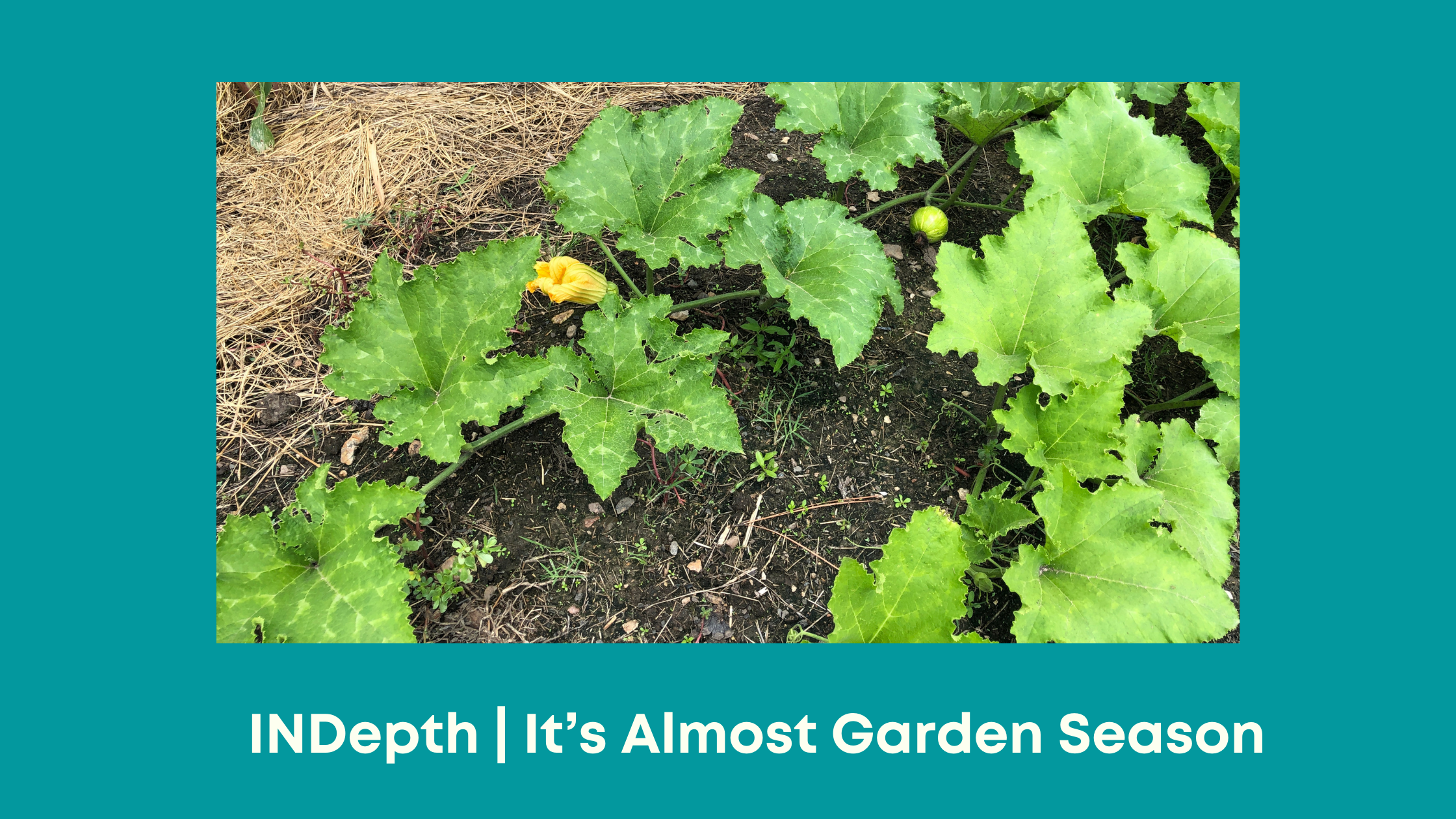
It’s Almost Garden Season — Can You Dig It?
Last time we talked about how winter for many Cherokees is a time of reflection and preparing for seasonal changes. Right now, some of us are also biding our time, eagerly awaiting the first of February, when we can place our orders with the Cherokee Nation’s Seed Bank!
Regular viewers of “Osiyo, Voices of the Cherokee People” will recall a story we did in Season 6 with Feather Smith-Trevino about her work as a cultural biologist for the Cherokee Nation. (Go to Seeding the Future – OsiyoTV to watch the story.) In it, we see many beautiful shots of Cherokee Nation’s own heirloom garden and learn about preservation efforts the Nation is making to save culturally important plant species for future generations. One of the ways the tribe works to accomplish that is through cultivating, growing, harvesting and then distributing seeds of those plants to tribal citizens.
If you’ve been hankering to grow your own heirloom plants since that story, February 7 is opening day to get those orders in through the first-come, first-served web portal. These seeds have been produced locally in the Cherokee Nation by trained staff and are made available to Cherokee Nation citizens for cultural uses. Most are hard-to-find cultivars that aren’t commercially available. And while the garden had a flourishing season that produced a lot of seeds, many offerings will still be limited. The portal will continue to take orders until April 1, but some seeds may run out well before that time.
Culturally significant plants are important to our tribe for many reasons. They provide a tangible link back to our ancestors. We can imagine our families growing and storing away squash and gourds for the winter and making flour from corn, ensuring an adequate food supply in the lean, cold months. These seeds offer a healthy diversity to share with families and communities. Growing our own food and medicinal plants makes us more self-sufficient and self-reliant.
In fact, our seeds are deemed so vital that Cherokee Nation was invited to store a cache of them in the Global Seed Vault, a long-term storage facility in Norway designed to house seeds in case a future global emergency creates a food-supply emergency. The Seed Vault only accepts seeds that are considered important for food and agricultural purposes.
While we don’t yet know exactly what seeds will be offered this year, in the past the Seed Bank has shared Cherokee Long Greasy Beans, Trail of Tears Beans, Turkey Gizzard black and brown beans, and Georgia Candy Roaster Squash, along with several types of corn and ceremonial tobacco. Best of all, they’re free for the asking for citizens of the three federally recognized Cherokee tribes through this portal: Cherokee Nation Seed Bank – Cherokee Nation.
So, polish up your spades and rakes. Get those cold racks ready. Order your seeds. It will soon be garden time!





